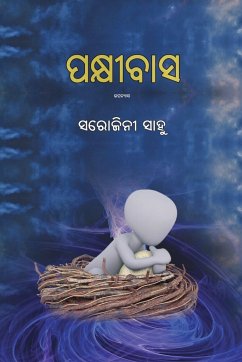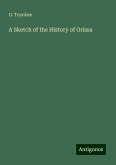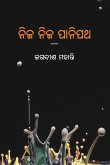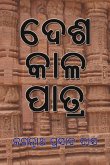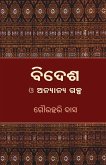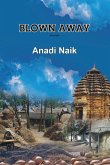Pakshibasa is the saga of the declination of a family, a dream, and a future. This multi-dimensional novel includes a downtrodden family saga; the Communist guerilla war (Maoist movement) in current India; and the socio-economic picture of Orissa. All these subjects are combined with a symbolic representation of a mythical story from the Hindu Vaishnavism holy book Bhagwat. In every aspect, the author's tone is bold and spiky and heightens the awareness and senses of the reader. The novel is the saga of an untouchable, downtrodden cattle bone collector, Satnemi and his family, and takes place in western Orissa. It is not a story of an individual person but of an entire family. Antara, the head of the family himself, his wife Sarasi, his three sons Sanyasi, Daktar, and Okil, and his daughter Paraba demonstrate the development of restlessness and frustration regarding the ongoing crisis of mankind. A downtrodden man has a dream to see his sons established in their lives. So he names them "Collector" (Administrative Officer), "Daktar" (Doctor), and "Okil" (Lawyer). He dreams to see his only daughter, Paraba, as a bride in a respectable and rich family. But where the traditional occupation of cattle bone collection is the only way of living, could this ever be possible? The elder son, Sanyasi, becomes a bohemian artist adopted by a white-skinned priest and has been lost in Japan where he has gone to perform his folk art. His illiterate wife awaits her husband's return in an alien city. The second son Daktar became a bonded laborer as the local youths of western Orissa usually prefer to make their living. The third son Okil, who is considered by his father to be a lazy good-for-nothing, joins the Communist Guerilla movement, locally known as the Maoist Party. Three days' hunger forces Paraba to be raped for a plate of rice by a forest guard who the only representative of the Government in the jungle for the people and who also works as an agent for sex trafficking. Later she adopts the profession of prostitution. The novel ends with the death of Okil.
Hinweis: Dieser Artikel kann nur an eine deutsche Lieferadresse ausgeliefert werden.
Hinweis: Dieser Artikel kann nur an eine deutsche Lieferadresse ausgeliefert werden.

